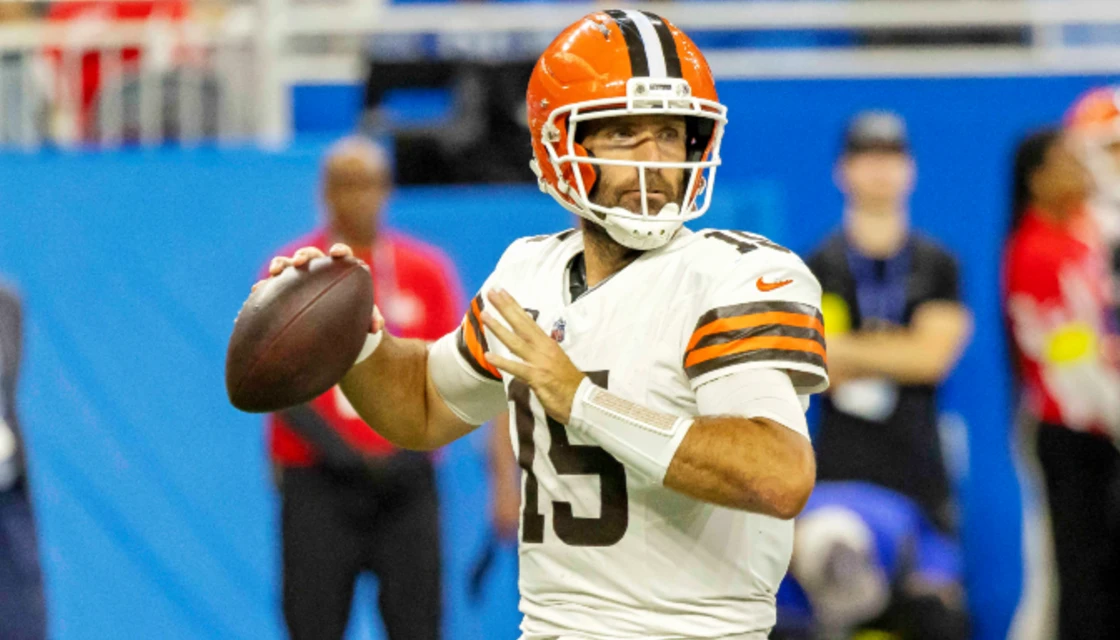Ohio lawmakers reached an agreement Friday on a budget, and that deal includes a substantial hike in the tax sports betting operators pay on revenue.
According to the comparison document released by the Ohio Legislative Service Commission on Friday afternoon, the Budget Conference Committee agreed to raise the tax from 10% to 20%.
Lawmakers in either chamber had not voted on the bill as of 4 p.m. ET, but they were expected to approve it on Friday, the final day of the 2022-23 fiscal year. If that happens as expected, the Ohio sports betting tax rate will take effect Saturday, the start of the 2024 fiscal year.
The 10% tax rate was part of the original sports betting bill lawmakers passed in December 2021, but just weeks after sportsbooks began taking bets on Jan. 1, Gov. Mike DeWine announced he wanted to raise the rate. House members did not include that request in their version, which they passed in April.
However, the Senate inserted it as part of more than 880 changes lawmakers in that chamber made to the spending plan and approved their amended bill earlier this month. The House rejected the wholesale changes made by the Senate in a 71-23 vote on June 21, setting up the need for a conference committee to reach a compromise bill.
According to the Commission, the higher tax is expected to generate between $100 million and $135 million annually. All sports betting tax revenue goes to education, except for 2% of the funds allocated for the state’s problem sports gaming fund.
If the higher tax were already in effect, Ohio operators would have paid nearly $11.6 million in May, according to handle and revenue totals released by the Ohio Casino Control Commission earlier in the day Friday. Read All About Ohio Sports Betting Handle And Revenue here.
Critic Says Tax Hike May Backfire
Not everyone believes the tax hike will work out as proponents expect. Dan Dodd, a former Ohio state lawmaker, tweeted Friday afternoon that the state could see some operators choose to leave the state. Currently, there are 18 operators, and Dodd said, “it’s not hyperbole” to see more than half depart.
“The irony in doubling the Ohio sports betting tax is several key legislators created the license framework purposely to break up the oligopoly on gaming that casinos/racinos have,” he tweeted. “With maybe two exceptions, the 20% rate will strengthen, not weaken, the grip of casinos/racinos.”
Other Sports Betting Provisions In and Out of Ohio Budget
The budget bill includes several other provisions tied to sports betting. Lawmakers agreed to exclude people from being able to wager on sports if they have threatened harm against an athlete over a bet they placed.
The budget also expands the types of lottery retailers eligible to host Ohio sports betting kiosks to include breweries, microbreweries, wineries and distilleries with bars or restaurants on site.
Legislators, though, decided not to allow for more retail sportsbook locations in the state’s three largest counties. Hamilton, Franklin and Cuyahoga can have up to five licensed brick-and-mortar sites. The House’s initial budget would have allowed those counties to have up to seven.
However, the Senate did not include it in its bill, and the conference committee left it out. Lawmakers also opted to not prohibit operators from offering credits to their customers if the OCCC found that the sportsbooks were violating the state’s rules about such promotions. That was an item DeWine initially proposed.
Stay close to BetOhio.com for any major news on sports betting and the best Ohio sportsbook promos.







